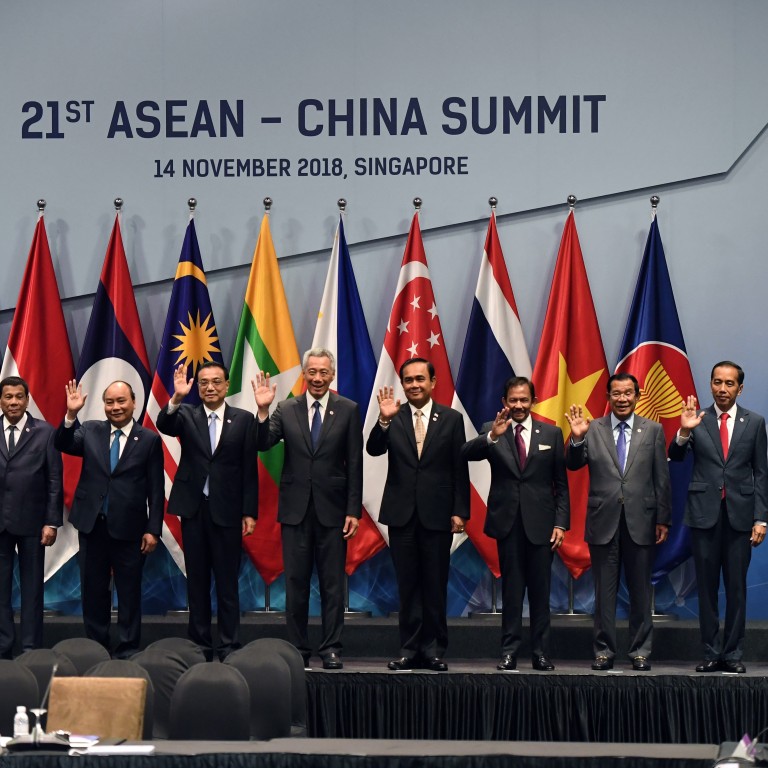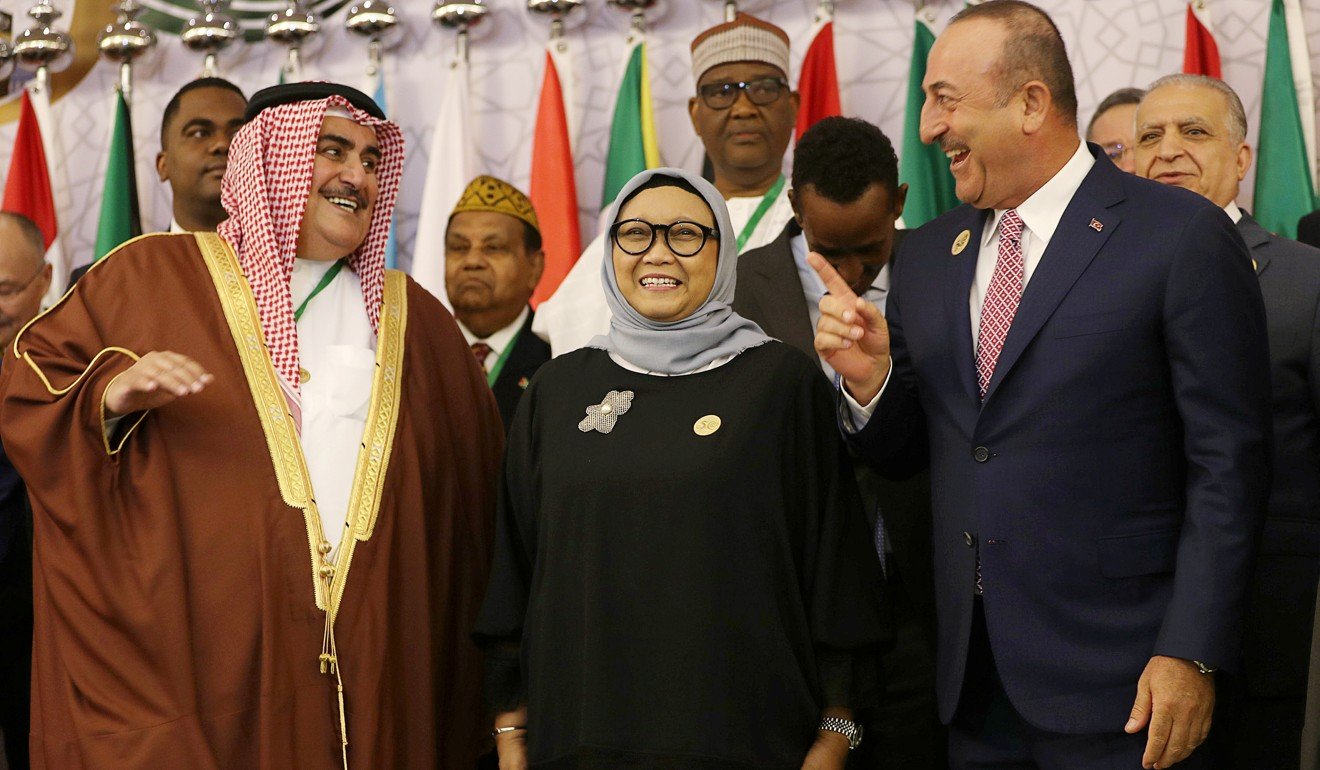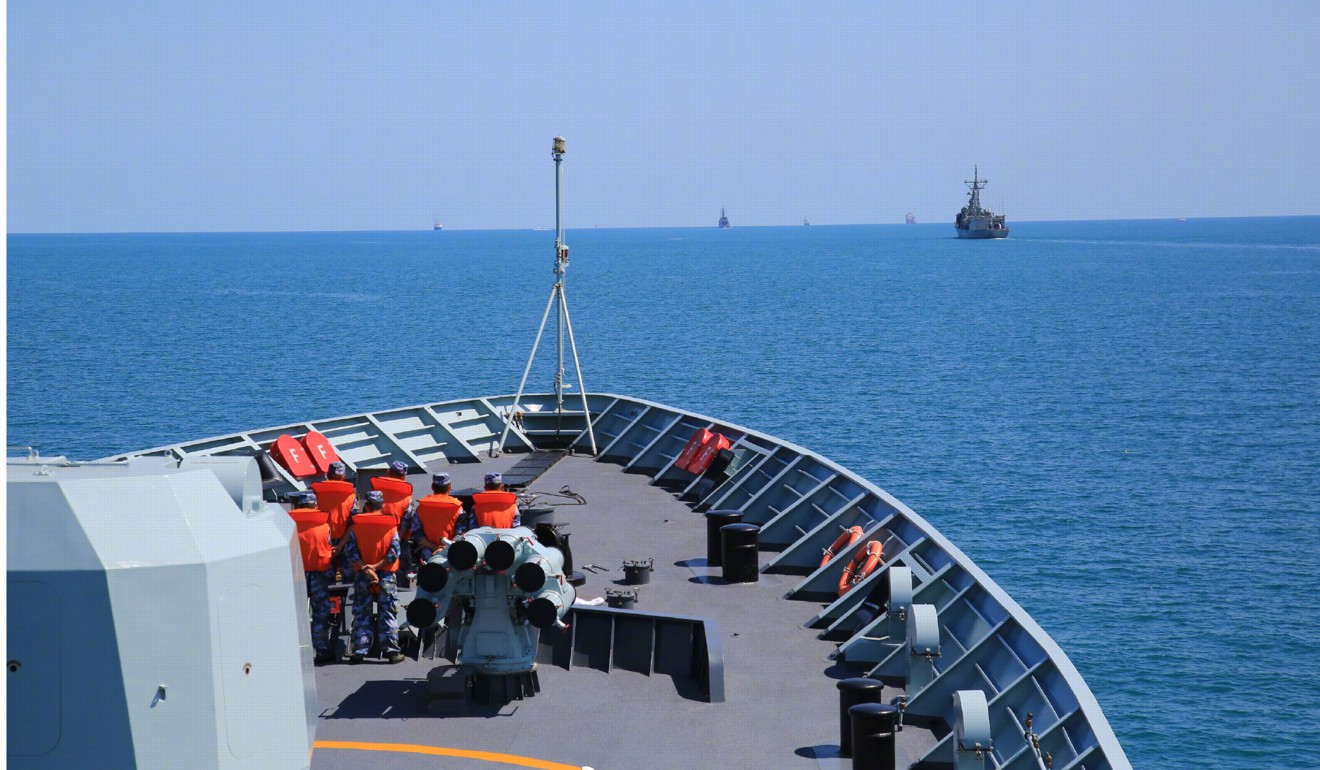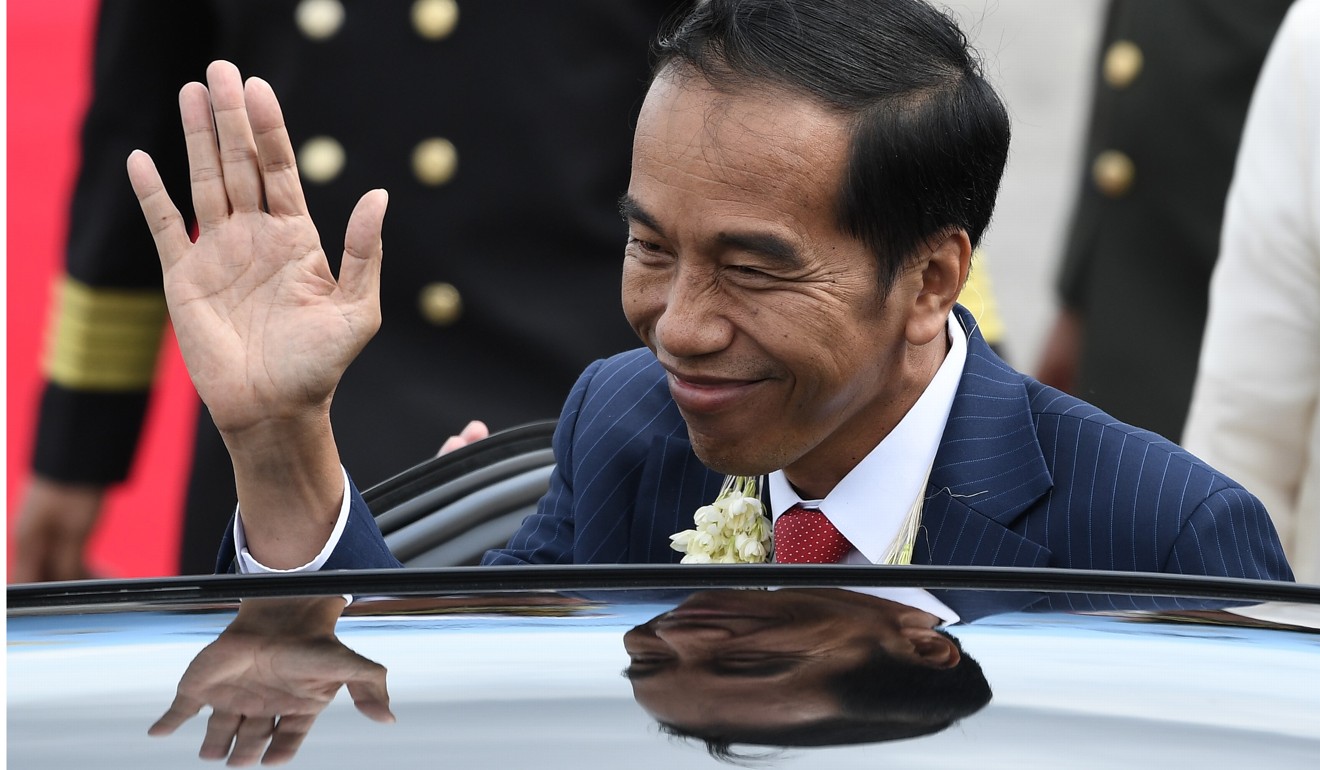
Indonesia reveals frustration with Singapore over delay in Asean adopting President Joko Widodo’s Indo-Pacific concept
- Jakarta has been lobbying Asean members to have their own regional agreement on the Indo-Pacific but the plan may not be signed off at this month’s summit as Singapore has not endorsed it, according to an Indonesian diplomat
“[Singapore] argued that this concept still needed further discussion, but when asked what the issue in question was, the answer was unclear, even though it’s been discussed for over a year,” the diplomat, who requested anonymity, was quoted as saying on Thursday.
Indonesia’s Foreign Minister Retno Marsudi and the ministry’s spokesperson did not respond to requests for comment on Friday.

Evan Laksmana, a researcher with the Jakarta-based Centre for Strategic and International Studies, said last November the concept seemed to stem “from concerns that existing visions of the Indo-Pacific by larger powers are exclusionary and could divide the region into opposing camps – reigniting old divisions that Asean-led mechanisms have sought to manage for decades”.
Aaron Connelly, research fellow on Southeast Asian politics at the International Institute for Strategic Studies in Singapore, said Retno had made the Indo-Pacific concept a centrepiece of Indonesia’s regional diplomacy.
The Pacific islands in middle of US-China battle for influence
But “leaking [the delay is Singapore’s] fault is bad form”, he said on Twitter.
Singapore’s Ministry of Foreign Affairs did not respond to the article, which quoted the city state’s Asean mission in Jakarta as saying the country “supports any regional initiative that preserves Asean centrality and unity, advances economic engagement of our region and promotes a rules-based international order anchored upon international law”.
Huong Le Thu, senior analyst at the Canberra-based think tank Australian Strategic Policy Institute, pointed out that Indonesia first broached an Indo-Pacific vision under former foreign minister Marty Natalegawa in 2013. Then, it was proposed as a treaty to commit states in the region to peace and stability in the face of great power pressures.
As US and China clash, is it time for smaller nations to choose a side?
But the vision evolved into a concept under Widodo, who took office in 2014.
“Through Asean centrality, the Indo-Pacific partnership would be independent of Washington and Beijing and through its strategy of mutual security and economic gain, would not be tempted by American or Chinese alternative frameworks,” Weatherbee wrote in a paper published earlier this month, but countries “view [China] as a geopolitical-economic threat, not a potential partner in a new Asean scheme”.

Connelly argues Jakarta’s Asean Indo-Pacific concept has a fundamental problem.
“If you talk to diplomats from the region, from Asean or non-Asean states ... they see it as lacking substance,” he said. “There is a huge gap between China and the US and how they see the region, they have different interests. Unless you’re able to create a framework that would be able to bridge that gap, the concept is not going to solve the problem that it is supposedly intended to solve. That’s why it has taken so long to materialise. None of the great powers have any enthusiasm for Indonesia’s role.”
Indonesia’s dogged pursuit of the concept might be to try to prove it has political weight within Asean and give credibility to Widodo’s vision of the country as a “global maritime axis”, noted Weatherbee.

Yohanes Sulaiman, an international relations lecturer at Jenderal Achmad Yani University in Bandung, said Indonesia and Singapore had good diplomatic relations and speculated the leak to the press could be due to Indonesia taking offence at feedback its neighbour gave about Jakarta’s vision.
“Singapore has its own concept about the Indo-Pacific, since it is friendly with the US and they worry about China,” he said.
Hun Sen accuses Singapore PM of ‘supporting Khmer Rouge genocide’
He and other analysts said they did not believe any delay or failure to adopt Indonesia’s Indo-Pacific vision would strain unity among members.
“Asean unity is important on substantive matters such as the Rohingya refugees or South China Sea issues,” Connelly said. “But this is not a substantive issue ... I don’t think it says much at all about Asean unity.”

